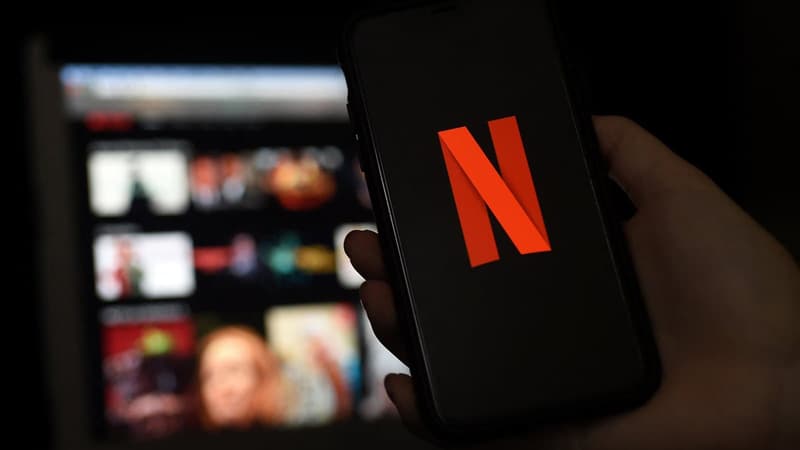Will the end of the year be animated by a battle between the American giants and European telecommunications? Last May, the European commissioner in charge of the internal market, Thierry Breton, was intractable with the GAFAN (Google, Apple, Facebook, Amazon, Netflix): they will have to finance the telecommunications networks. “Just a handful of players occupy more than 50% of the world’s bandwidth. Now is the time to reorganize the fair remuneration of the networks”, had advanced on Twitter. Since then he has qualified his comments.
A consultation in the first half of 2023
Starting in the first quarter of 2023, a consultation on the contribution of the main platforms to the financing of telecommunications networks will take place, will last five to six months and will be followed by proposals from the European Commission. There will be a broader debate on the regulation of telecommunications, reports Reuters.
Since spring, the European Commission has been studying the possibility of drafting a legislative proposal that would force these five giants to contribute to the Internet infrastructure. Telecommunications seek to negotiate with content providers, in a system similar to that of related rights.
The French, Spanish and Italian governments have expressed their position in favor of such a proposal.
Respect net neutrality
In a letter signed by some fifty MEPs from all sides, including the French Valérie Hayer (Renew), François-Xavier Bellamy (LR) and Stéphanie Yon-Courtin, sent to Executive Vice President Margrethe Vestager and Thierry Breton, the parliamentarians ask for a “proportional” contribution from GAFAN to the financing of the telecommunications infrastructure.
“The idea of having a fair contribution from GAFAN to the platforms”, insists Stéphanie Yon-Courtin, without ever mentioning taxes. Taking up Thierry Breton’s arguments, she insists that “this contribution must reflect our current use of the Internet”. The objective of this contribution will also be to support the deployment of 5G in 2030 and end the white zones.
The other issue in this battle will be respecting net neutrality. This concept, as old as the Web itself, implies that operators offer equal access (and at the same connection speed) to all online services. This rule therefore prevents an Internet service provider from deliberately slowing down its subscribers’ access to certain services that are considered data-intensive.
Infrastructure belonging to GAFAN
When watching a video on YouTube or a series on Netflix, the stream goes through the operator’s band, but also through servers installed locally by GAFAN. In order to have their own infrastructure in addition to the existing network, the platforms have been installing local servers for several years: Netflix thus has 40 server centers throughout France, compared to a hundred for YouTube.
This infrastructure allows Netflix, for example, to store all its content in each of the 40 locations to speed up the flow to its subscribers, but also not to transmit the data to all of France on each viewing.
Etno, the European telecommunications lobby, published a study last May and was taken up by The world: “operators have invested 500 billion euros in ten years in European networks. The bandwidth of the digital giants would cost them between 36 and 40 billion per year”.
According to Stéphanie Yon-Courtin, the competition between telecommunications and GAFAN is asymmetrical: “the operators cannot negotiate alone”. Therefore, the Commission plans to limit the contribution to the largest companies according to the percentage of their use of the network. The MEP acknowledges that there is already a contribution from the platforms through their servers located in the territory, but everything “is to assess whether it is fair.”
The GAFAN defend themselves
For Christian Borggreeen, vice president of CCIA Europe, the lobby of the big digital companies, the logic followed by the European Commission would lead to a double bill for consumers: one by the operators, and another, through the increase in subscriptions to Netflix due to these new financial obligations.
Forcing the GAFANs to enter into commercial agreements with the operators also raises a question: won’t this push them to demand guaranteed or accelerated speed in return and relegate other content producers to a second rate Internet?
Source: BFM TV


